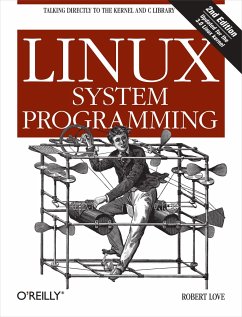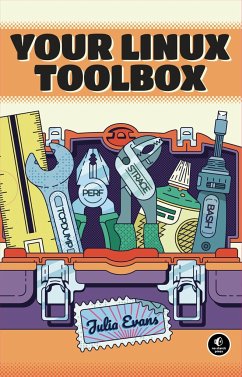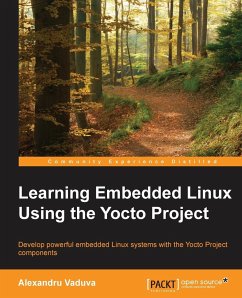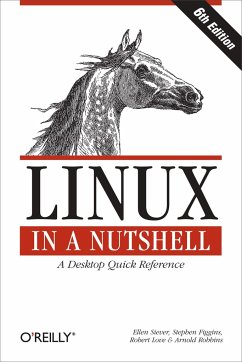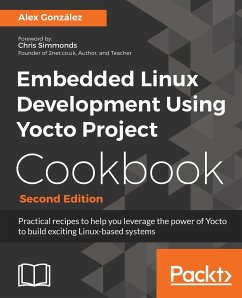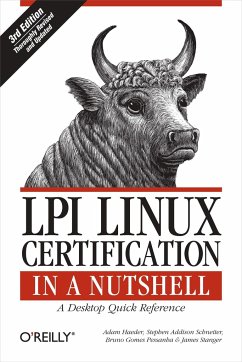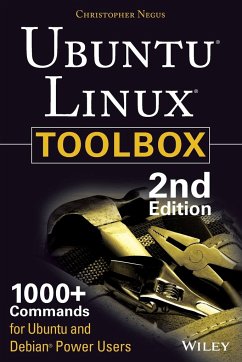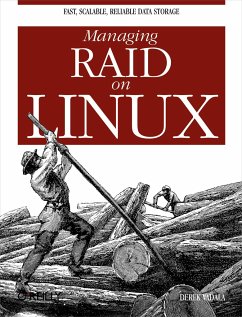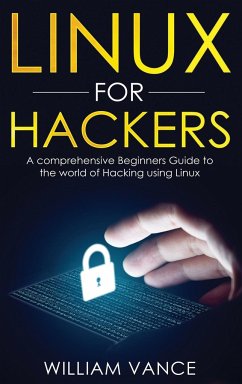
Embedded Linux Systems with the Yocto Project
Versandkostenfrei!
Versandfertig in über 4 Wochen
46,99 €
inkl. MwSt.
Weitere Ausgaben:

PAYBACK Punkte
23 °P sammeln!
Build Complete Embedded Linux Systems Quickly and Reliably Developers are increasingly integrating Linux into their embedded systems: It supports virtually all hardware architectures and many peripherals, scales well, offers full source code, and requires no royalties. The Yocto Project makes it much easier to customize Linux for embedded systems. If you’re a developer with working knowledge of Linux, Embedded Linux Systems with the Yocto ProjectTM will help you make the most of it. An indispensable companion to the official documentation, this guide starts by offering a solid grounding in t...
Build Complete Embedded Linux Systems Quickly and Reliably Developers are increasingly integrating Linux into their embedded systems: It supports virtually all hardware architectures and many peripherals, scales well, offers full source code, and requires no royalties. The Yocto Project makes it much easier to customize Linux for embedded systems. If you’re a developer with working knowledge of Linux, Embedded Linux Systems with the Yocto ProjectTM will help you make the most of it. An indispensable companion to the official documentation, this guide starts by offering a solid grounding in the embedded Linux landscape and the challenges of creating custom distributions for embedded systems. You’ll master the Yocto Project’s toolbox hands-on, by working through the entire development lifecycle with a variety of real-life examples that you can incorporate into your own projects. Author Rudolf Streif offers deep insight into Yocto Project’s build system and engine, and addresses advanced topics ranging from board support to compliance management. You’ll learn how to * Overcome key challenges of creating custom embedded distributions * Jumpstart and iterate OS stack builds with the OpenEmbedded Build System * Master build workflow, architecture, and the BitBake Build Engine * Quickly troubleshoot build problems * Customize new distros with built-in blueprints or from scratch * Use BitBake recipes to create new software packages * Build kernels, set configurations, and apply patches * Support diverse CPU architectures and systems * Create Board Support Packages (BSP) for hardware-specific adaptations * Provide Application Development Toolkits (ADT) for round-trip development * Remotely run and debug applications on actual hardware targets * Ensure open-source license compliance * Scale team-based projects with Toaster, Build History, Source Mirrors, and Autobuilder




